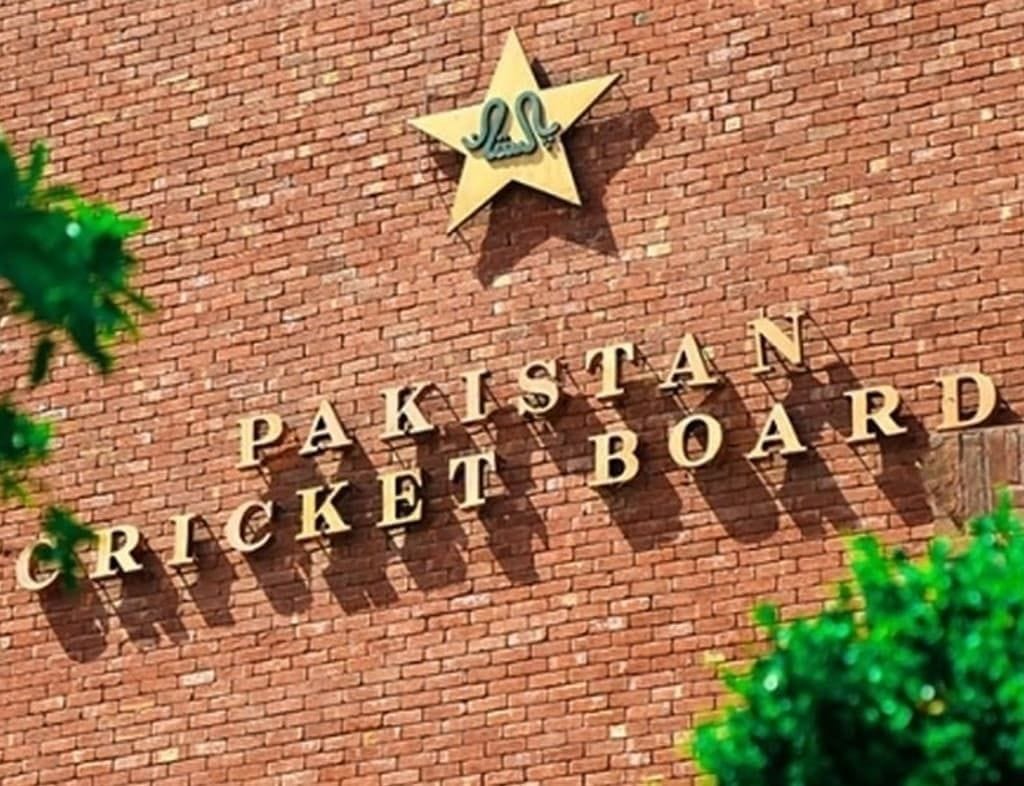PCB could lose up to Rs 141 crore if it pulls out of Asia Cup 2025

PCB’s potential Asia Cup pull-out could cost up to Rs 141 crore
Pakistan’s threat to pull out of the Asia Cup over the match referee row comes with a big financial risk. Estimates suggest the Pakistan Cricket Board (PCB) could lose between USD 12–16 million (about Rs 105–141 crore) in revenue if it withdraws. That is a sizeable hit for a board already operating with tighter budgets than some of its rivals.
Where the money comes from
Asia Cup income flows from TV and digital broadcast rights, sponsorships, ticketing, and related commercial deals. The five Test-playing ACC members—India, Pakistan, Sri Lanka, Bangladesh, and Afghanistan—typically receive 15% each of the ACC’s annual earnings. Pulling out would put Pakistan’s share at risk, both for this event and potentially in boardroom negotiations later.
A major driver is the long-term broadcast agreement. The ACC’s eight-year deal (2024–2031) with Sony Pictures Network India is valued at around USD 170 million and covers the men’s, women’s, and Under-19 Asia Cups. The India–Pakistan fixture is the top draw for advertisers, sold at premium rates. A withdrawal would hurt the broadcaster and could open difficult conversations around payments and future scheduling.
The budget impact for PCB
Based on current projections, the PCB stands to make USD 12–16 million from this Asia Cup edition alone. Losing that income equals roughly seven percent of an annual budget estimated near USD 227 million. For a board balancing player payments, domestic cricket, development, and international tours, a sudden gap of that size is hard to absorb.
Why a pull-out is unlikely
Financial downside: Forfeiting up to Rs 141 crore is a steep price for a symbolic protest.
Governance pressure: Other ACC members could oppose Pakistan receiving its full annual share without completing tournament obligations.
Broadcast expectations: With marquee match revenues on the line, commercial partners will push for continuity or compensation.
Given these factors, a complete withdrawal appears unlikely. A more probable path is to push for procedural changes—such as requesting a different referee for Pakistan’s matches—while continuing to play. Even that may be difficult, as match officials are appointed by the global body and changes mid-event are rare.
What this means next
Pakistan still has a qualification route on the field. Beating the UAE in the last group game would keep hopes alive for the Super 4 and a possible rematch with India. Off the field, the focus will be on clear, written protocols for toss formalities, presentations, and post‑match movement to avoid fresh flashpoints. For the PCB leadership, the calculation is simple: there is a lot to lose and very little to gain from walking away now.